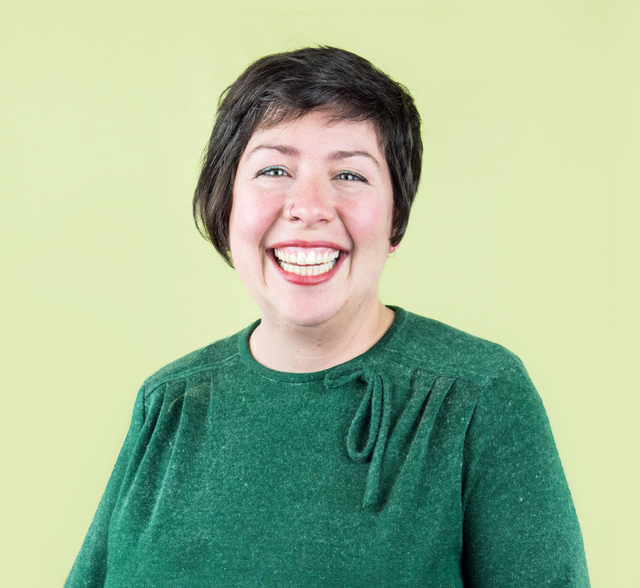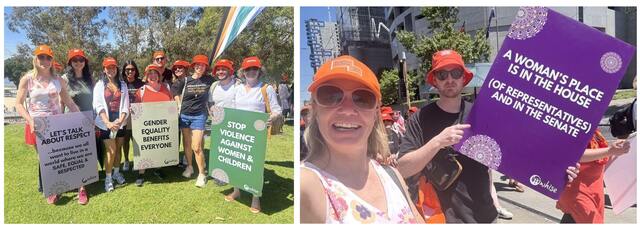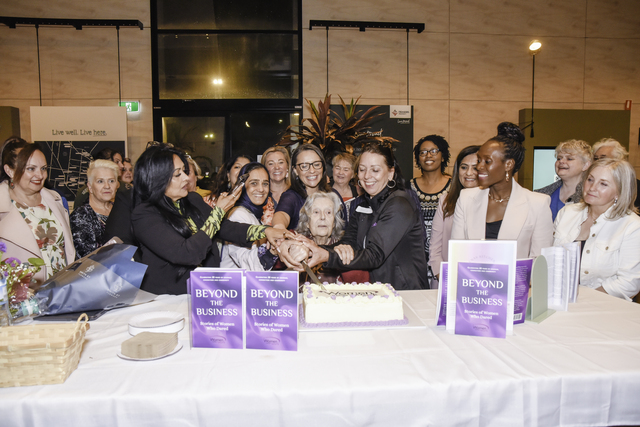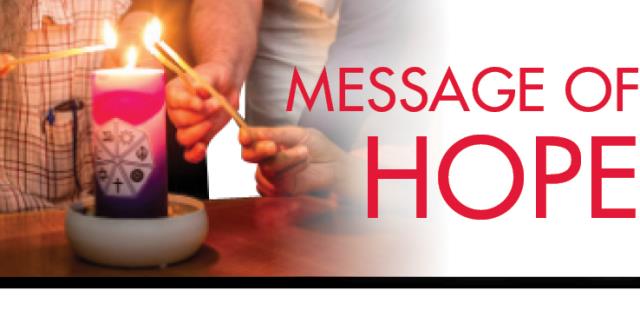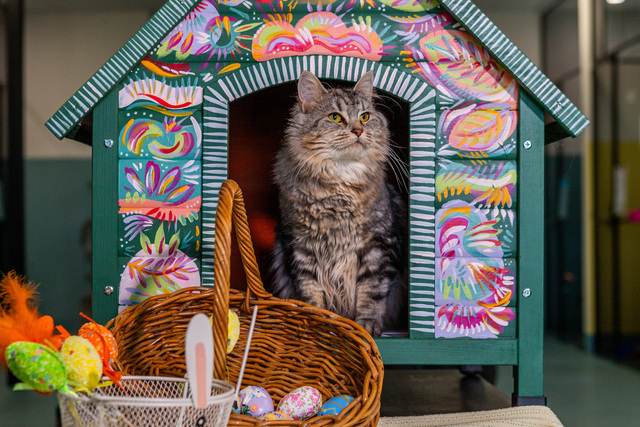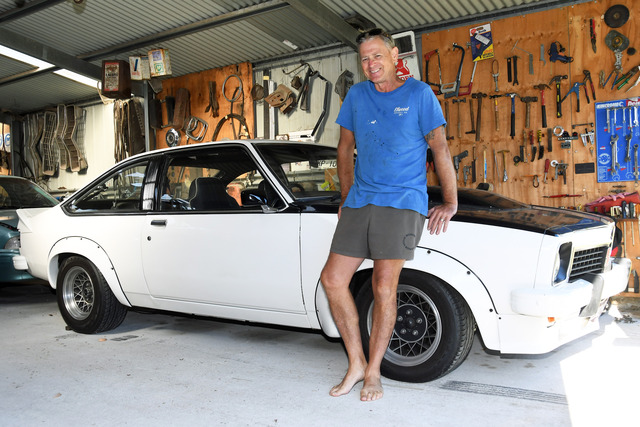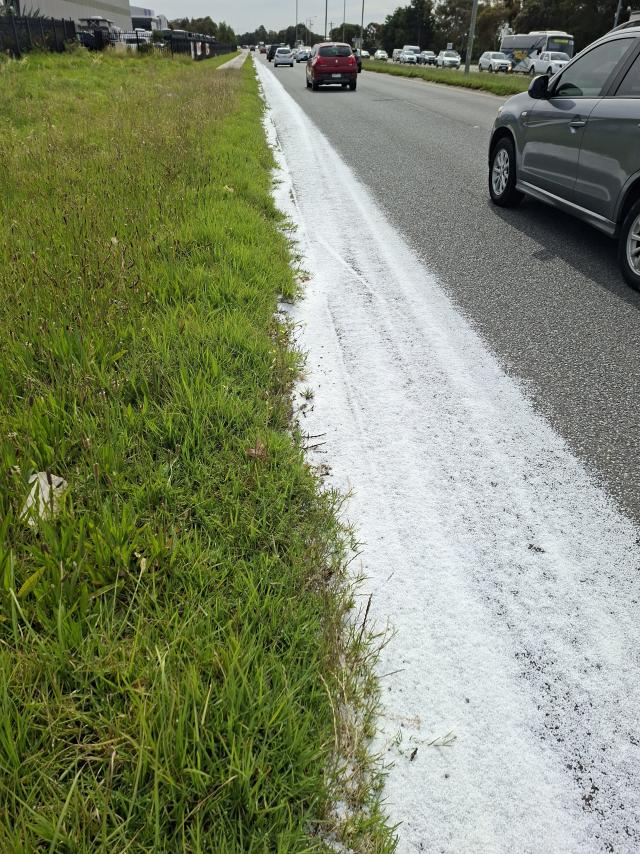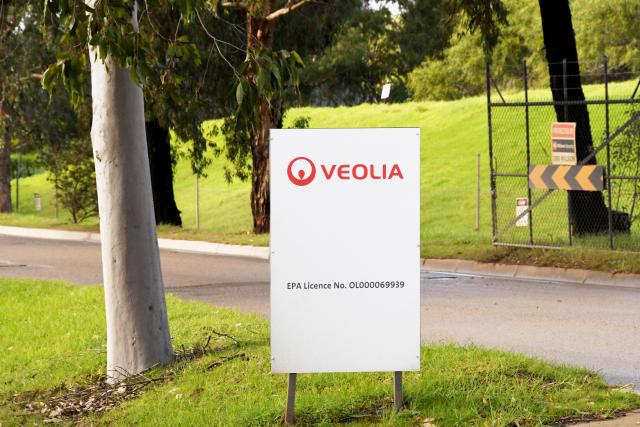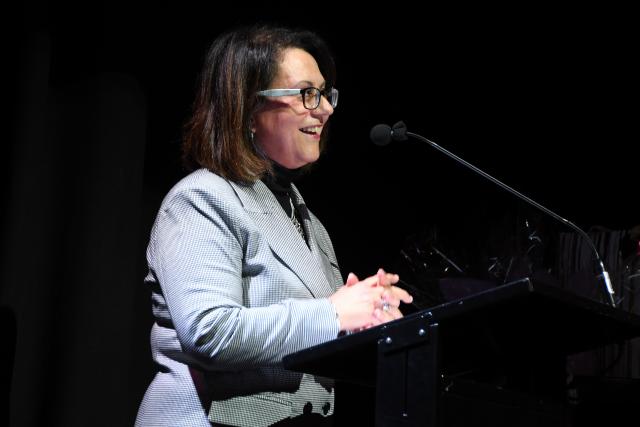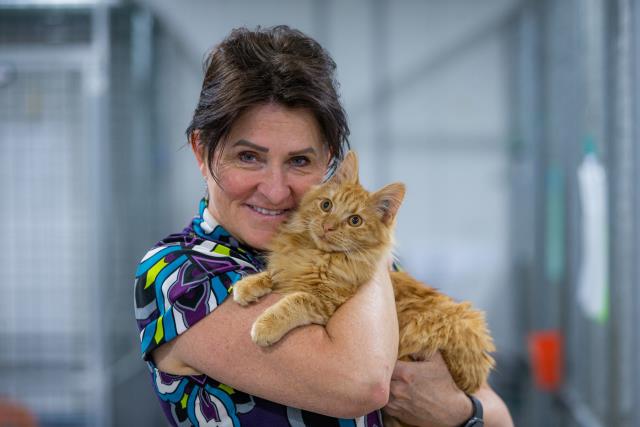A four-year strategy led by Women’s Health in the South East has been hailed for taking steps towards a more gender-equitable, violence-free region.
WHISE’s Promoting Respect and Equity Together strategy 2021-’25 partnered more than 30 groups and equipped hundreds of practitioners to prevent gender-based violence.
It brought together diverse sectors, including housing, legal services, Aboriginal services, disability advocacy, and local government, to address the systemic drivers of violence and promote lasting change.
Wellsprings for Women, The Orange Door, South East Community Links, South East Monash Legal Service, Southern Migrant and Refugee Centre are among the partner groups.
WHISE, chief executive officer, Kit McMahon says the PRET has “shown that when we work together across sectors, we can create deep and lasting change”.
“This strategy has strengthened relationships, built skills, and inspired action across our communities, proving that prevention is not just possible, it’s powerful.”
The PRET aims to embed gender equality and respectful relationships from early years education, into primary and secondary schools and lately into sports clubs.
It also connects tertiary institutions to share strategies to prevent sexual violence, and advocates for workplaces to proactively prevent sexual harassment.
It’s working to reach new partners such as sports clubs, leisure centres, neighbourhood houses, community groups and others.
WHISE’s prevention of violence against women lead, Danielle McCaffrey says she’s excited and grateful to work with the PRET partners for what’s to come next.
“The partners have built their own knowledge and skills in doing this initiative. Now it’s just about the evidence out in the community, finding out what works and what doesn’t with different groups of people.
“It’s so diverse – councils are already working with sports clubs around Fair Access Roadmap, which is increasing gender equality for women and girls in sports clubs.
“This is fairly new. We’re looking at talking to volunteers in those sports clubs about how they can take action in their own organisations – not overwhelming them with lots of things policies and procedures, but thinking about embedding kindness, respect and safety.
“Simple messages of making sure they’re taking care of their community as well as young people having fun.”
The strategy will continue to work with men and boys to understand how to take action to prevent violence against women as improve their own mental wellbeing.
PRET partners will also support parents to model equality at home, teach emotional regulation, and engage confidently with their children on consent, relationships and sexuality.
Chief executive officer of Wellsprings for Women, Dalal Smiley says funding and time go hand in hand to make the change.
“We are building a momentum across a number of community settings by tackling and deep diving into complex aspects of gender based abuse and oppression.
“We know in working with communities from migrant and refugee backgrounds, that effecting change takes time as communities adjust to settlement needs, understanding new systems, laws and cultural norms,” she said.
“Taking the communities along with us on this journey means working from where they are at, being respectful, and collaborating together to define the problems and design solutions.
“We need to keep going, and to keep going we need governments to commit to long term funding and to be patient as we are in what outcomes to expect and by when.”
An innovative PRET initiative was the Preventing Family Violence First Aid training, a practical, skills-based program designed to equip non-specialist staff with the knowledge and confidence to respond to, prevent, and refer cases of family and gender-based violence.
Evaluation results showed significant gains in participants’ understanding and confidence and inspired a ripple effect of leadership, with nearly half of participants expressing interest in a “train the trainer” model to expand the program’s reach.
The strategy has already added 28 new organisations and 37 new practitioners into the prevention network, delivered 14 learning forums over 1000 participants on topics from affirmative consent to healthy masculinities, supported 42 school-based leaders to embed Respectful Relationships education and expanded collaboration with bi-monthly working group attendance growing from 58 to 137 participants.
The strategy is turning the page to its next chapter 2025-2030, focusing on building on their key achievements, expanding into new settings, strengthening leadership commitments and trialling innovative tools to drive a safer more equitable region.
If any organisations in the South East are interested in joining the partnership, WHISE can be contacted on whise@whise.org.au.

